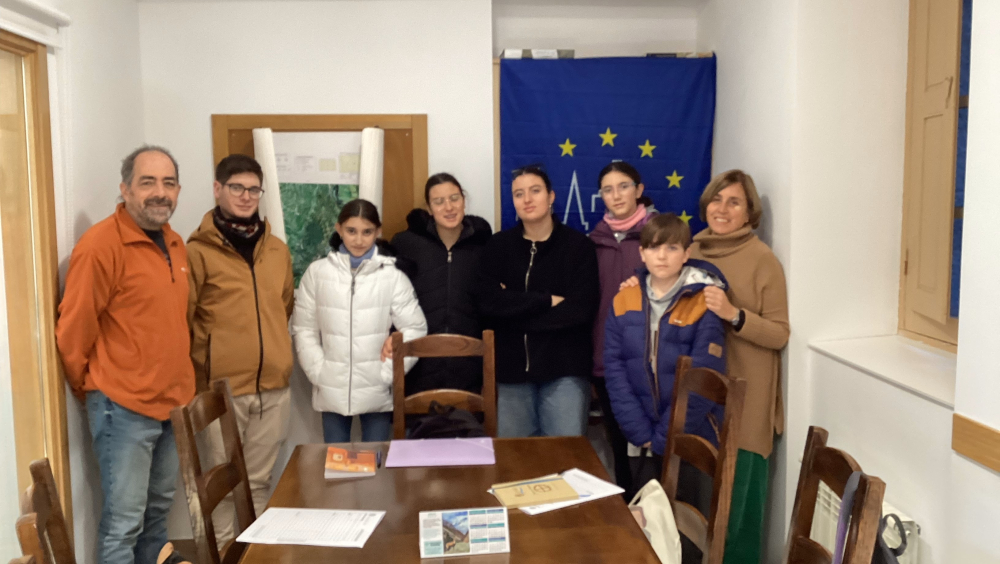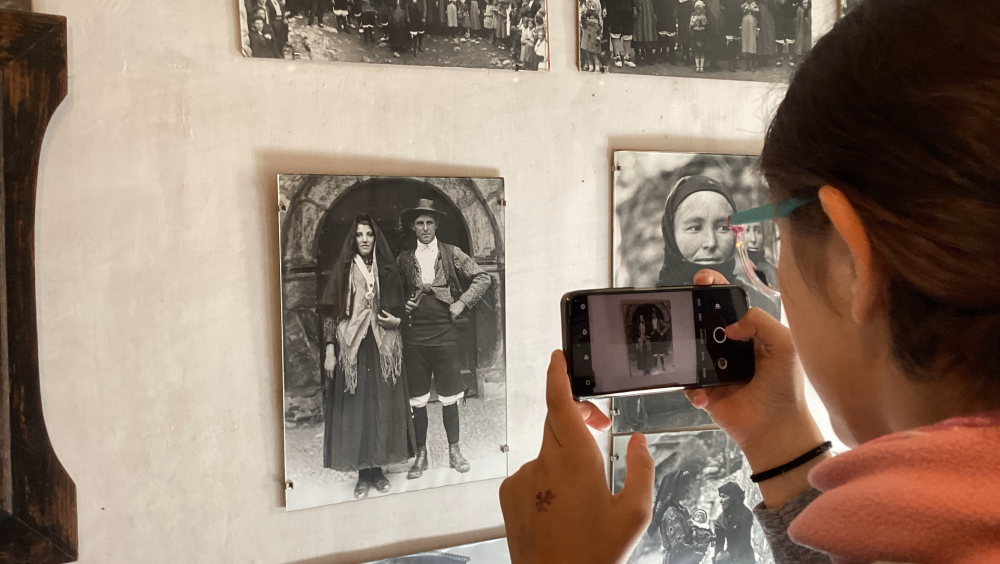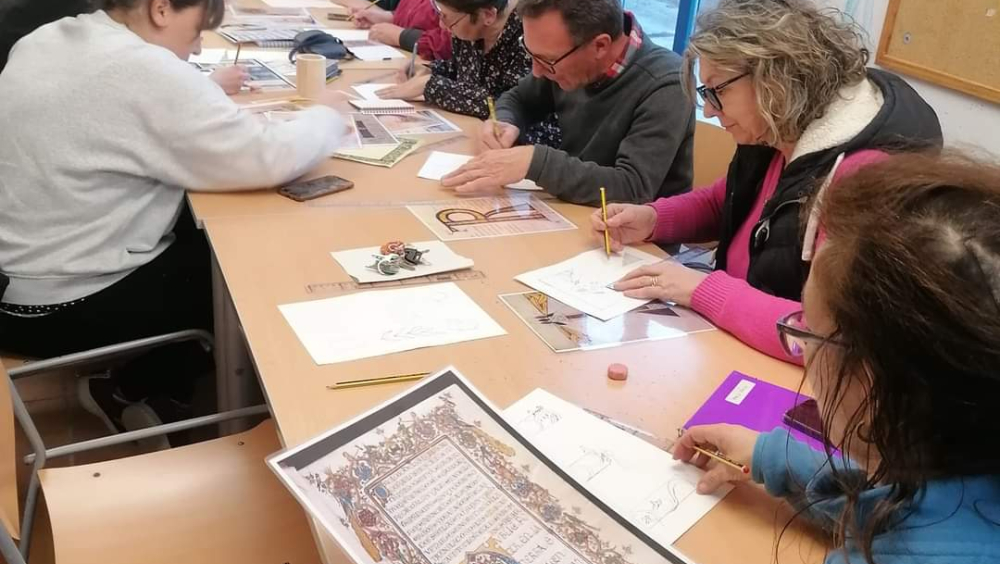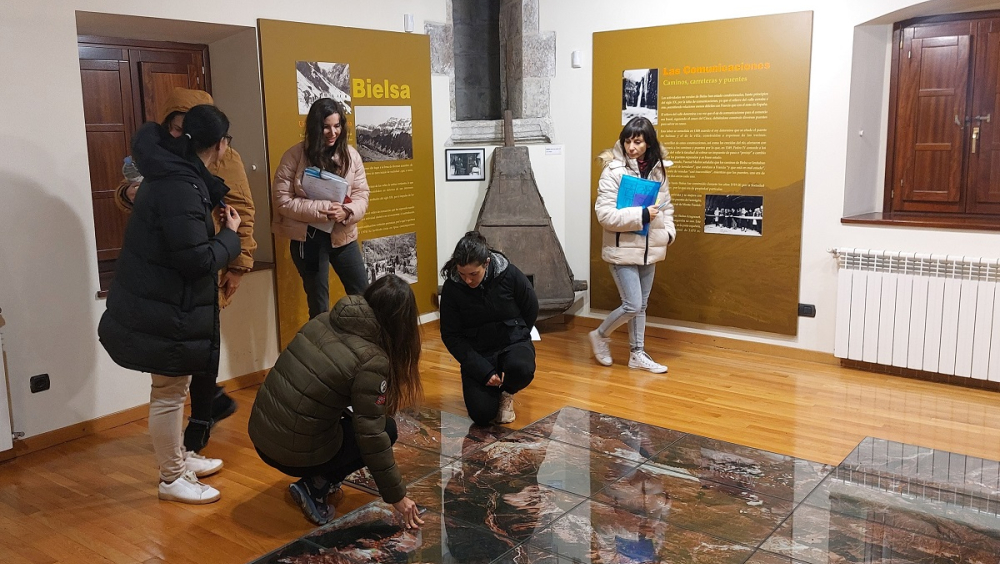Red Local de Museos y centros expositivos de Sobrarbe. Contamos
The Local Network of Museums and Exhibition Centres of Sobrarbe wants to count (in its double sense): -"Number or compute things considering them as homogeneous units" and -"Refer to a true or fabulous event".
Tell and let them tell you.
Sobrarbe, north of the province of Huesca and bordering with France through the Pyrenees, is a rural territory with a rich natural and cultural heritage, but where depopulation, population ageing and youth exodus are pressing.
More than 50% of its territory is under some nature protection figure (National Park, natural parks, Biosphere Reserve, among others). Sobrarbe not only has an overwhelming natural environment but also possesses two properties inscribed on the World Heritage List, four other inscriptions on the Representative List of the Intangible Cultural Heritage of Humanity and several cultural itineraries of the Council of Europe among others.
The consciousness of the inhabitants of the territory about the value of this cultural heritage and the need to preserve it and pass it on to future generations arose in the early 1970s in the face of the social, political and economic processes that were transforming the ways of life in the rural environment in an accelerated manner. In this context, what we call today patrimonial communities (Faro Convention 2005) are being set up throughout the territory, working to preserve the material and intangible heritage that speaks of them and their identity. Their efforts will be reflected in the creation of small museums and collections managed by the local population in the 80s and 90s of the 20th century that will remain active and open in 2024.
These museums look not only to the past but, with a vision of the future, and with the support of the Comarca de Sobrarbe, a local entity that groups all the municipalities of this territory, they have joined together to create a network of museums from which to work in a collaborative way with the involvement of the local communities in the conservation, enhancement and modernization of these museums.
From the local entity, technical support and training is being given to local communities to adapt their museums to the needs of the twenty-first century following the principles contained in the definition of Museums of ICOM 2022 (icom.museum).
The network has been created through a process of citizen participation and is working with the educational centres of the region, with a group of women at risk of social exclusion, with associations of disabled people, with local producers and with women professionals of heritage.
The Local Net of Museums and Exhibition Spaces is a project financed by the Ministry for the Ecological Transition and the Demographic Challenge of the Government of Spain, within the framework of the grants for projects promoted by local entities for territorial innovation and the revitalization of socio-economic activity and the fight against depopulation.
We are working on the principles of the 2005 Faro Convention. Our network is composed of 20 heritage communities scattered across our territory. People and human values are at the heart of the project. We promote the participation of the whole society in the process of defining and managing cultural heritage and treat all cultural heritages on an equal footing in order to promote dialogue between cultures and religions. Cultural heritage is an essential resource for the development of our territory and for the improvement of the quality of life of our inhabitants. We promote the participation of all people in the cultural life of our territory.
On the other hand, being in a territory bordering France, all our actions have an international vocation, and we are open to networking with other heritage communities.



